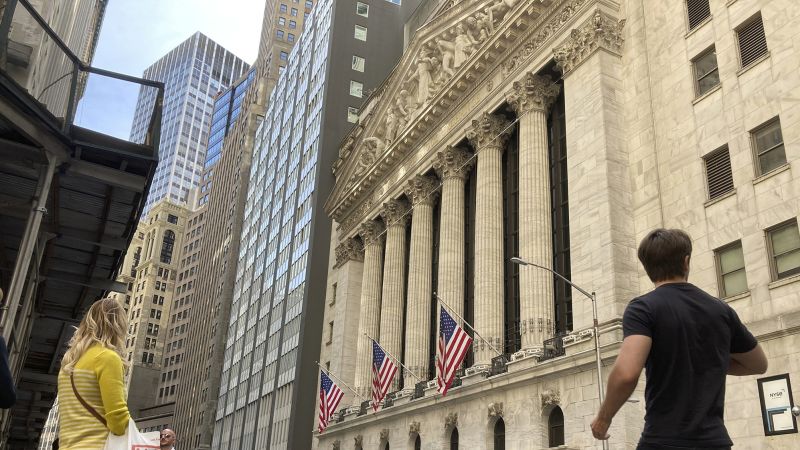
The company that oversees Wall Road is weighing main adjustments to the best way thousands and thousands of on a regular basis traders purchase and promote shares. That might be dangerous information for so-called free-trading apps like Robinhood in addition to the lesser recognized corporations that underpin their enterprise fashions.
In the present day, while you purchase or promote a inventory on an app, the commerce seems to be instantaneous. However beneath that easy purchase/promote motion is a posh net of Wall Road gamers exploiting tiny variations in worth to rake in large quantities of money.
Right here’s the way it works: If you faucet purchase or promote, Robinhood (or your dealer of selection), takes your order to a agency generally known as a wholesaler or market maker — the middlemen who’re purported to get you the perfect worth and who pay the brokers for the privilege of executing the trades. They sometimes make pennies off every transaction.
That course of is called “fee for order circulation,” and it has come below intense scrutiny by regulators following the fallout from the January 2021 run-up in meme shares like GameStop.
The GameStop frenzy “uncovered how rigged the US fairness markets are to counterpoint massive Wall Road corporations, excessive frequency buying and selling corporations and brokers on the expense of Predominant Road retail traders,” Higher Markets CEO Dennis Kelleher wrote at the time.
The Securities and Trade Fee has been reviewing the system, which accounts for the majority of the brokerages’ revenues. In August final yr, Robinhood’s inventory tumbled after SEC Chairman Gary Gensler stated that an outright ban of fee for order circulation was “on the desk.”
Gensler and different critics of the method say the brokers and market makers, equivalent to Citadel Securities, have a transparent battle of curiosity, and that fee for order circulation screws over on a regular basis traders whereas amassing large wealth for Wall Road corporations.
Now, it seems that the SEC could roll out new guidelines as early as Wednesday, according to The Wall Street Journal, citing unnamed sources.
One proposed new rule, the paper stated, would add extra competitors on the intermediary degree to make sure retail traders are literally getting the perfect costs. In that situation, orders can be routed into auctions the place buying and selling corporations must compete to execute them.
The SEC didn’t instantly reply to CNN Enterprise’ request for remark.
A spokesperson for Robinhood didn’t remark particularly on the potential adjustments however pointed to analysis from MIT that reveals retail traders saved greater than $17 billion in buying and selling charges due to free-trading apps 2020 and 2021.
— CNN Enterprise’ Matt Egan contributed to this text.
from Stock Market News – My Blog https://ift.tt/fDPS9ob
via IFTTT


No comments:
Post a Comment